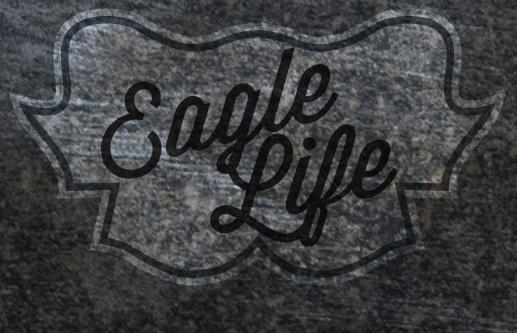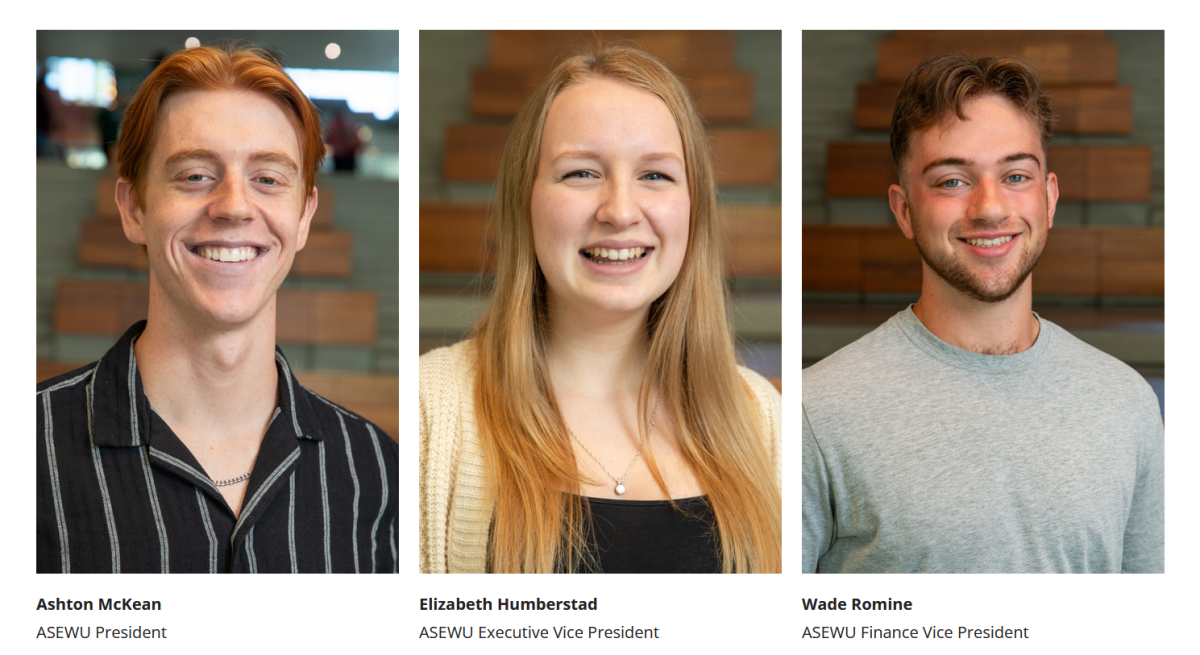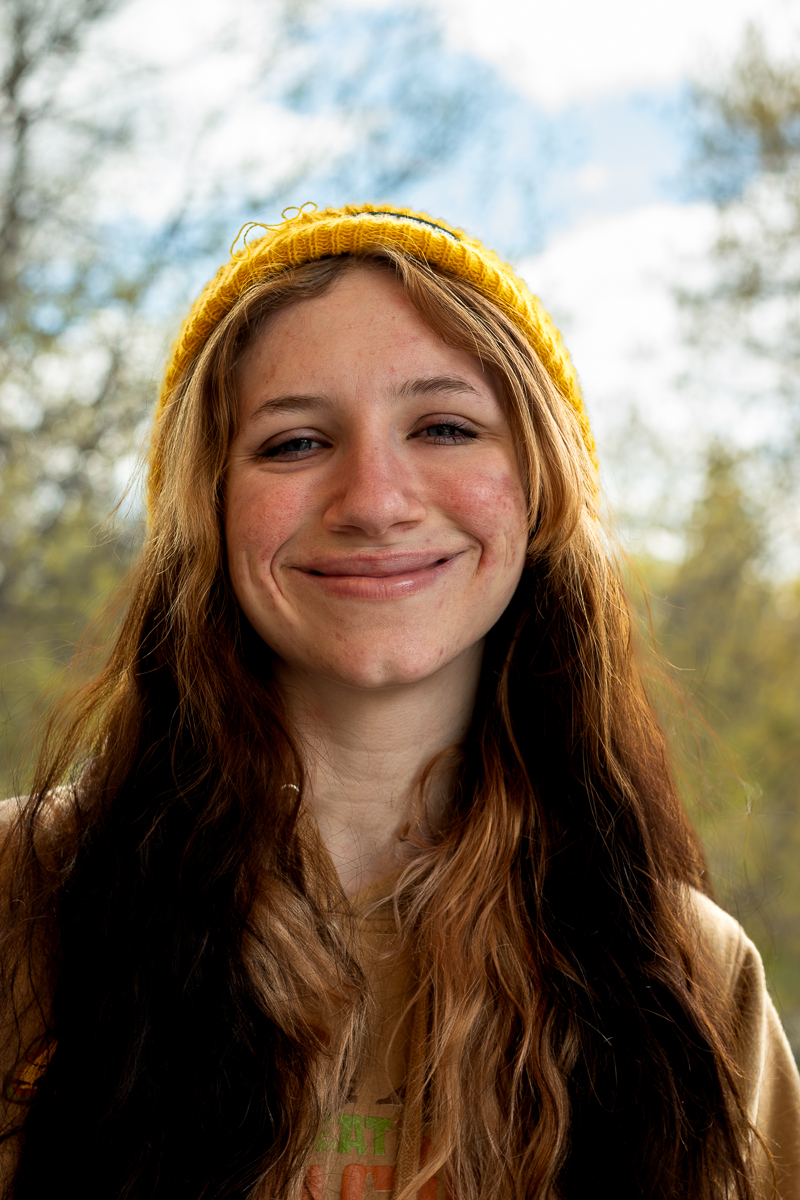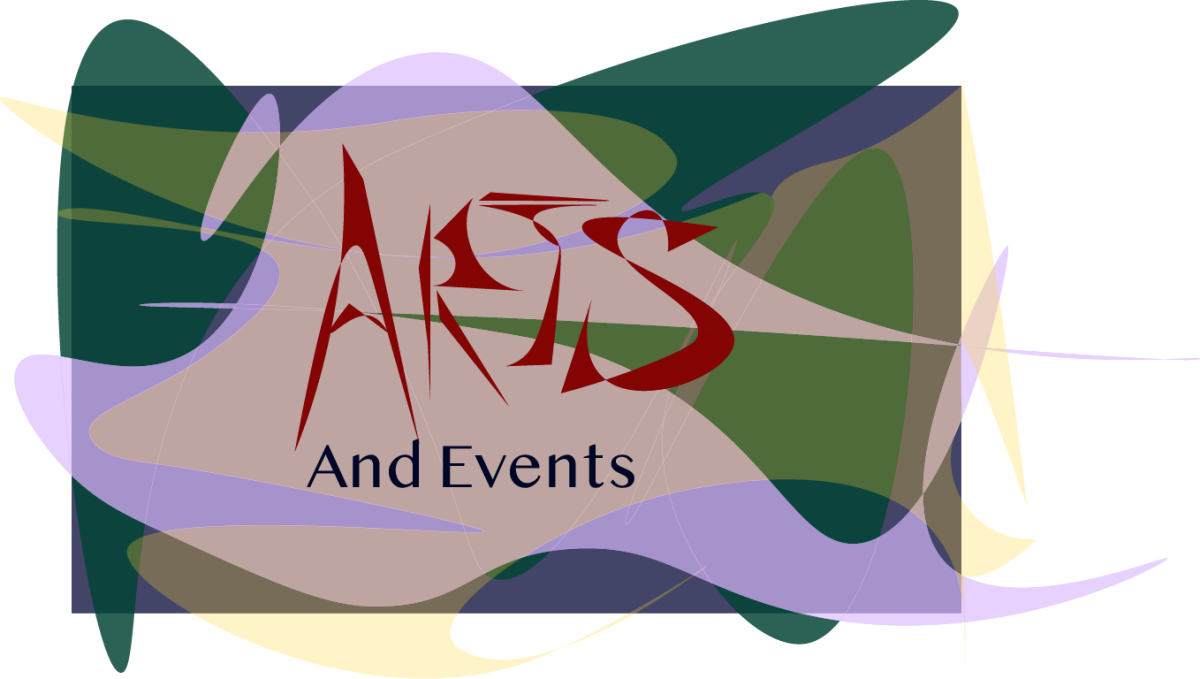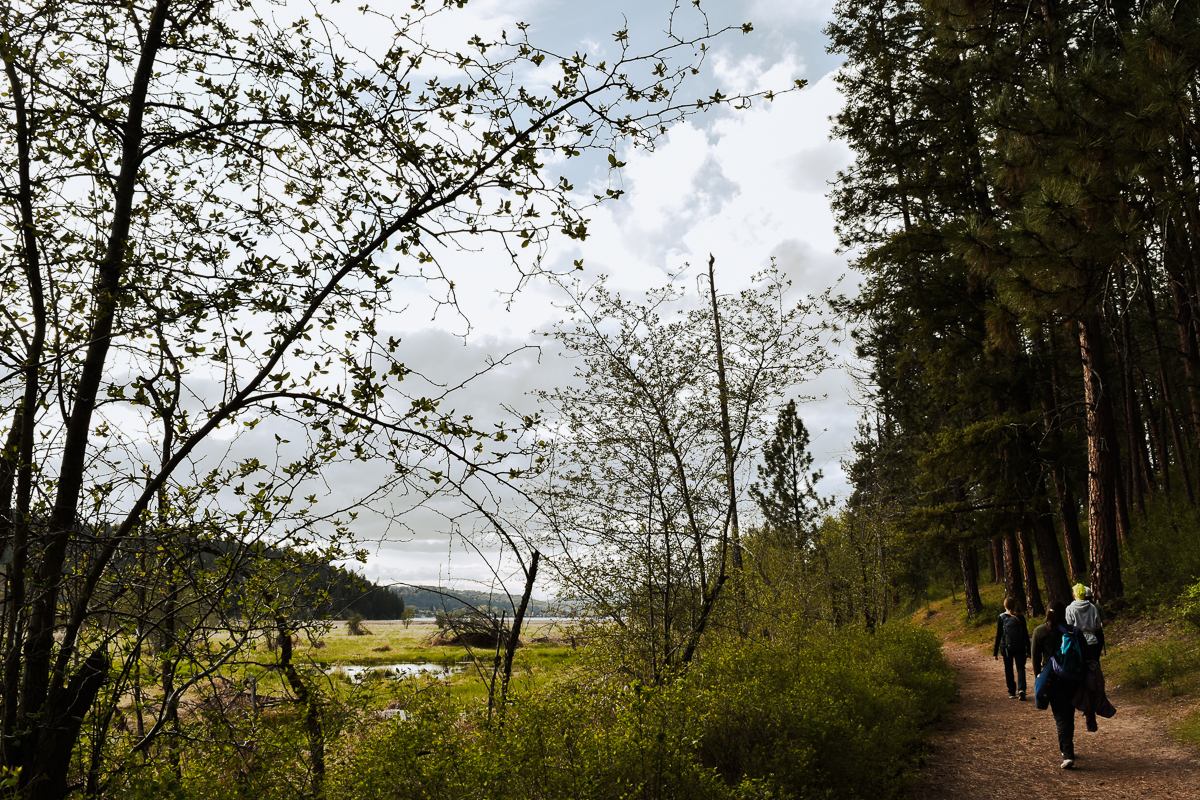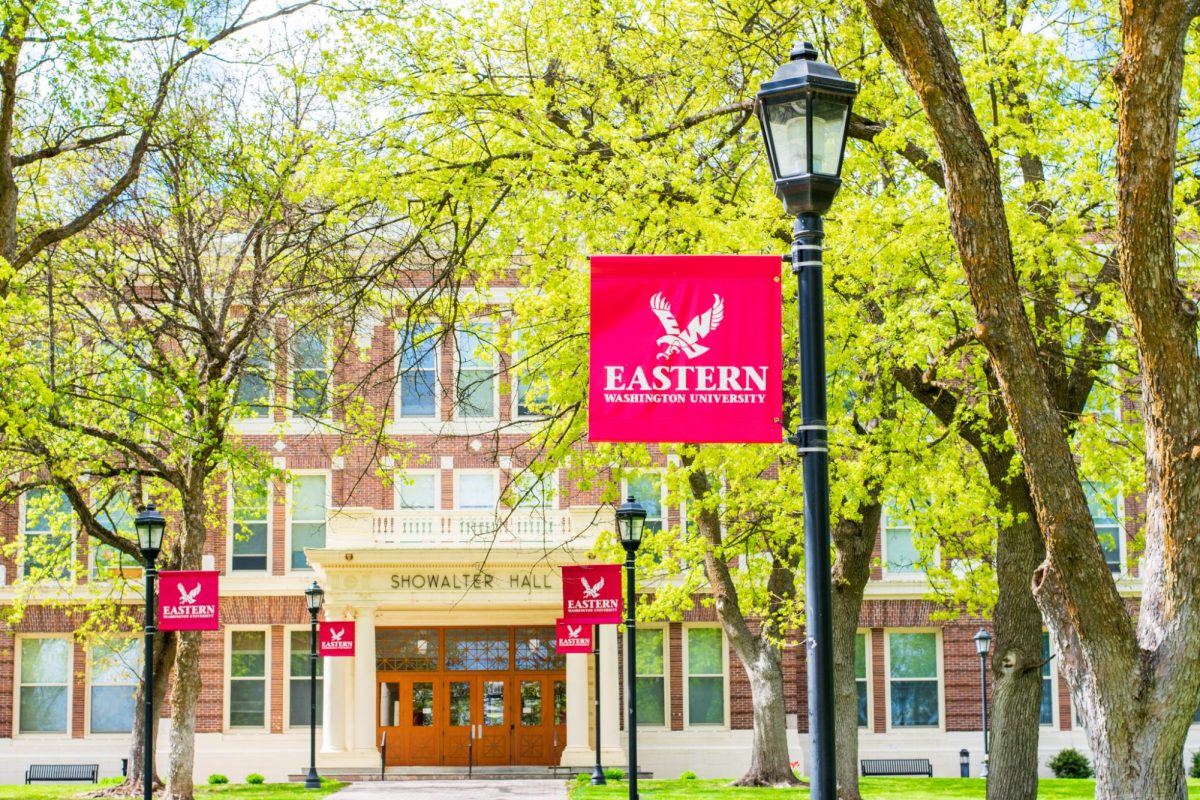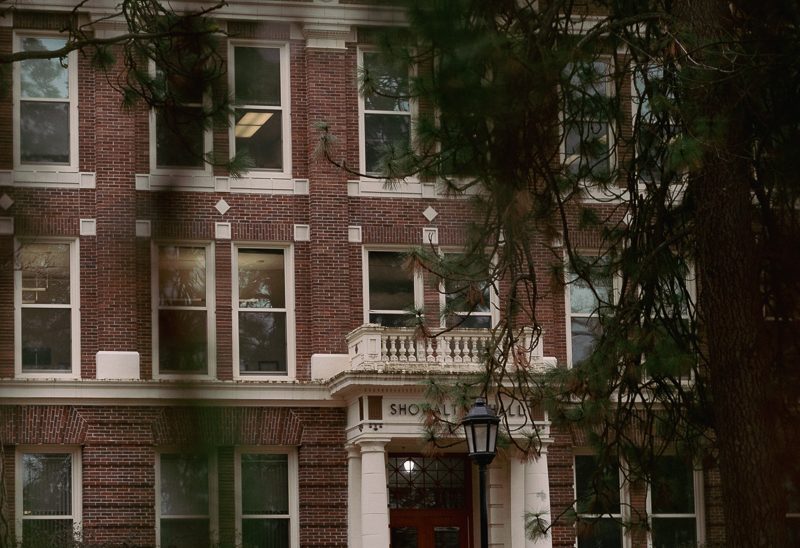Written By Paul Sell
Staff Reporter
p.robert.sell@gmail.com
A sense of family, friendship and camaraderie is one of the most appealing aspects of the Eastern Atheists club for members like Steven Casteel and Kelli Crawford.
For Casteel, the club president, the main purpose of Eastern Atheists is to give students a community of people who grew up in Bible studies or youth group but no longer hold the same beliefs.
“The club gives these people somebody to hang out with and to make friends,” said Casteel. “As well as to be able to speak freely and be in a safe place to interact with other people and not be shut down because of their views. We never want to convert a bunch of religious people to atheism. We do want to educate people and tell them what is and isn’t atheism.”
According to the Eastern Atheist website, the club strives to create a community for atheist, agnostic, Humanist and other freethinking individuals and build a community that promotes critical thinking, scientific inquiry and Humanist values. They also wish to provide opportunity for community outreach and volunteer work.
The club gives students an opportunity to not only learn more about atheist and agnostic views, but also gain a better understanding of world views and scientific perspectives.
“We do a lot of things similar to other clubs,” said Crawford. “We have weekly meetings, we play games, we have potlucks … However, we also do a lot of knowledge-building activities. We attend religious ceremonies of varying types to build respectful dialogue and gain information about each other’s views.”
According to Crawford the club watches videos on science and debates in order to learn more about the world around them and how others share their own beliefs.
“There is no atheist bible or anything like that,” said Casteel. “So skepticism and humanism are our core tenants.”
One thing that Crawford believes makes the atheists club so interesting is the amount of diversity within the people who attend the meetings.
“There’s this misconception that all atheists are angry and hate theists,” said Crawford. “In reality, there’s a broad spectrum. There are those who have suffered abuse from religion, such as their families turning their back on them, there are those who are questioning and there are those who simply don’t hold any beliefs. There are those who are active in promoting atheism, there are those who take a back seat.”
Casteel spoke of one club member whose financial aid was taken away by his parents because he converted to atheism. The student now uses the atheists club as a way to communicate with similar people.
“Students like these just can’t come out and vent to somebody,” said Casteel. “The club becomes so freeing for them, and we provide these students with that opportunity.”
By starting the Eastern Atheists, Casteel has given EWU students who feel like they need to hide their beliefs a place to be friendly and relax.
“I was so excited to meet so many amazing people who all feel like family,” said Crawford. “While we all have different political beliefs, backgrounds and goals, it’s a group of people who feel truly comfortable with each other.”
Over the course of the last few months, Eastern Atheists’ biggest project has been working together with the Compassionate Interfaith Society to bring Chris Stedman, the author of “Faitheist,” to EWU, April 29. He will be reading from his book as well as speaking on atheism and interfaith work.
Yet, with all of this going on, Casteel finds the time to sit down and talk to Eastern students he just met who are interested in the club, about atheism and what the club does.
“EWU already does a great job of reaching out to and including its religious students,” said Crawford. “However, there was never a place for those on the atheist spectrum and it often felt isolating. By starting and growing this club, we’ve been able to welcome students who felt like they needed to hide their identities. We’ve been able to replace the community that many lose after they de-convert.”




